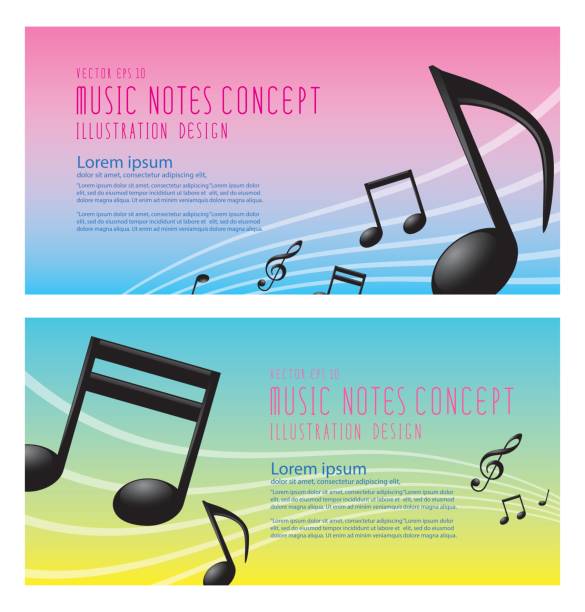Songwriting splits can be a serious matter. If you contribute to a song in any way, you must receive the credit and compensation you deserve. A music split sheet is an excellent tool for this.
This post will cover everything you need about the music split sheet, from how to create one to what you should include. We’ll also provide a template you can download to help you format your own.
Get your free music sheet
Divide your earnings amongst the creators of your music and your collaborators. Download and complete our free royalty split sheet below.
What’s a split sheet of music
Let’s start with the basics.
Music split sheets are written agreements between contributors to a song, which outline the ownership percentages, and the royalty splits each contributor is entitled to.
A Contributor is anyone who plays a significant role in creating a song. People such as:
Songwriters
Producers
Music Publishers
When multiple people are involved in creating a song, or a track, things can quickly get confusing in terms of who gets paid what and for how much.
You can use a split sheet of music.
A split sheet ensures that each contributor gets the credit and compensation they deserve for contributing to the song’s success. It also makes sure they receive the royalties to which they are entitled.
Keeping a split sheet of music for each song you or your co-writers write is essential.
It’s essential to understand how it works.
You may not know that a song can be divided into copyrights.
The master copyright (the recording);
The composition copyright includes the music and lyrics
The split sheet deals with only the composition copyright.
A split music sheet merely records who owns/gets what. It will not protect your music against copyright infringement.
You must register your music with the USCO to protect it if you are based in the US. You will be able to receive any royalties owed for the use of your music, and you can protect your rights in case your song is used against your wishes.
Is it necessary to sign the music split sheet
Creating and signing a split music sheet will help you register your musical works to the appropriate Performing Rights Organisations so you can collect the exact amount of royalties owed to you for streaming your music.
With the split information, your music publisher can register your track to the PRO that is right for you, which means you won’t get paid the money you are owed.
Other benefits that come with a split sheet of music include the following:
This document provides written and dated proof of ownership to ensure clarity and security if there are any future legal issues.
– It shows you are a professional to any potential music supervisors, agents, or other people who may want to work with and use your music.
Ditto offers automatic royalty splits on every song that you release. You only need to enter the contributors’ names and percentages during the track upload phase. We will then automatically split the royalty payments between each contributor once your track begins to generate royalties through streams and downloads.
Join Ditto today to get started.
What is the proper time to sign a split sheet of music
It is essential to sign and create a music sheet as early as possible in the songwriting stage, ideally before the track’s official release.
It will help avoid confusion and ensure that everyone knows who is owed what before the song goes live.
If you’re ever involved in a songwriting dispute or court case, it would be helpful to have a document that is legal and current. Legal matters of this nature are far too every day, especially with the increasing number of songwriters contributing to today’s biggest hits.
What should be included in a split sheet of music
Each split sheet will be different.
You should include a few key elements in a split music sheet for any song. These include:
Song title
Their role in the song, e.g., songwriter, producer)
Share of songwriter percentage or producer percentage
Email address and contact information
Date/timestamp
How to calculate the royalty split percentage
It is entirely up to you, your band, partner, or other contributors to decide how to split the ownership of songs and royalties.
You can divide the royalties or ownership equally, or you can assign each person a certain percentage based on their contribution.
The genre can have a significant impact on the songwriting split. Hip-hop, rap, and dance producers receive higher royalties for songwriting than classical, jazz, or rock producers.
The total percentage ownership, whichever you choose, must equal 100%.
The percentages of lyrics and melody that each songwriter contributes to the song must be equal.
If, for example, one person wrote the lyrics while another composed the music, the songwriters could divide the ownership equally by giving 50% to the lyricist and 50% to the composer. This would equal 100%.
Before you start thinking about royalties, remember that if you want to use other people’s music, for example, in a remix, you must confirm the sample with the parties involved.
Do not get us wrong. Creating a music sheet split is one of the least glamorous and exciting aspects of being a professional musician.
You must do all the necessary admin to get paid for your work and be appropriately credited.

